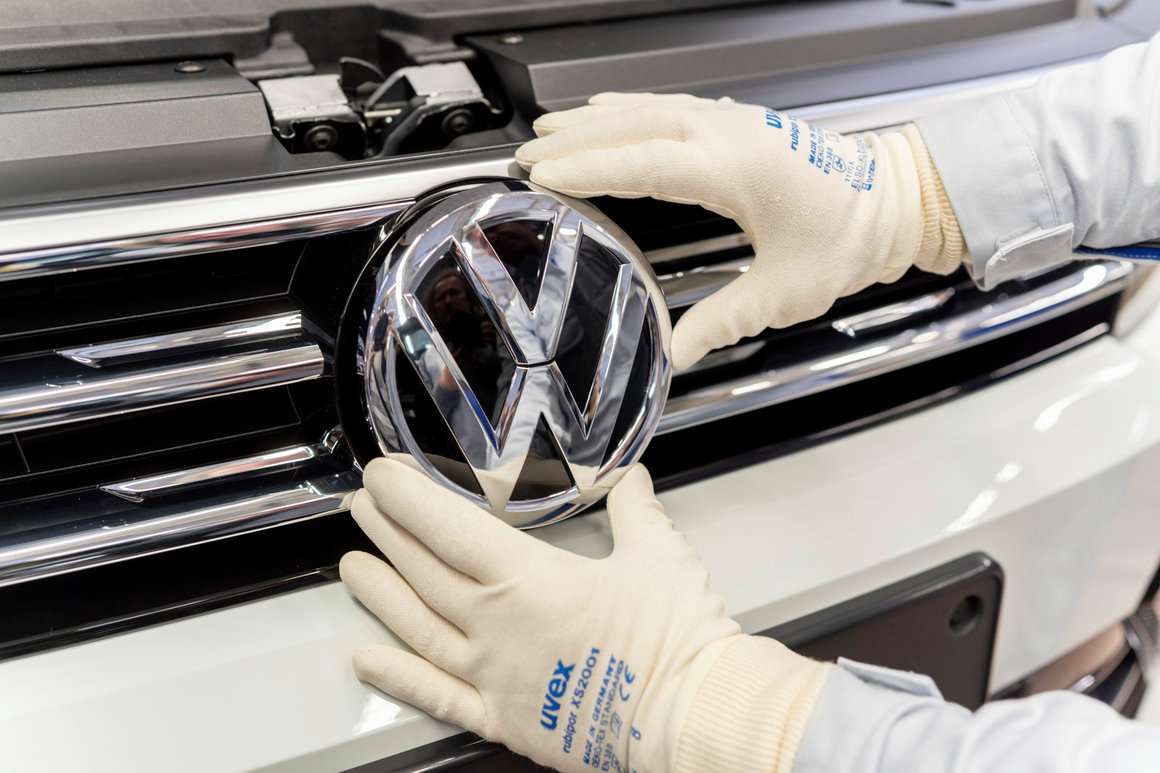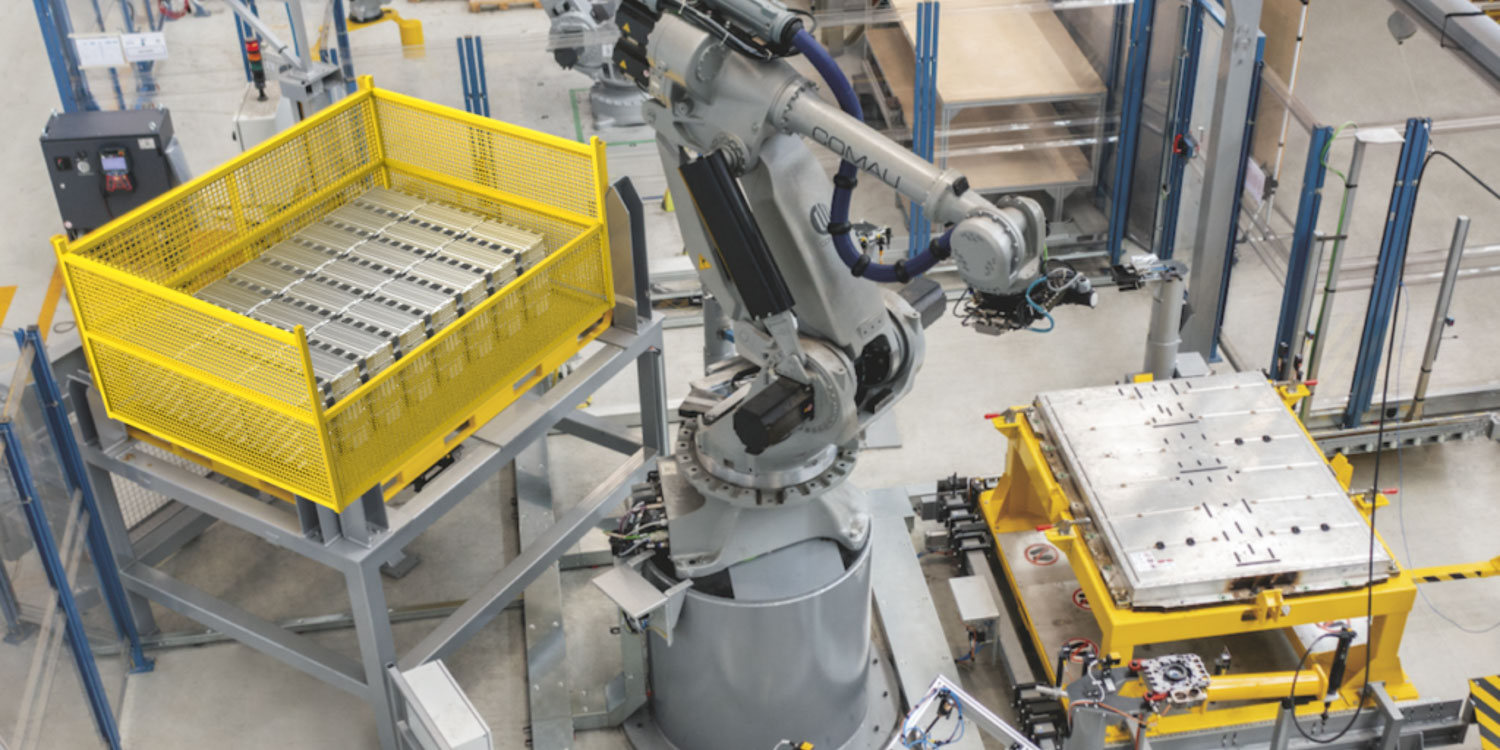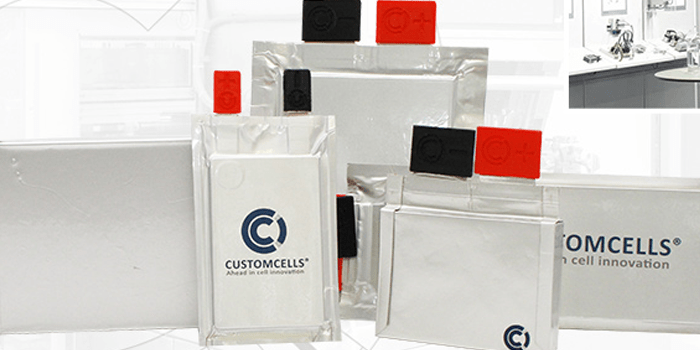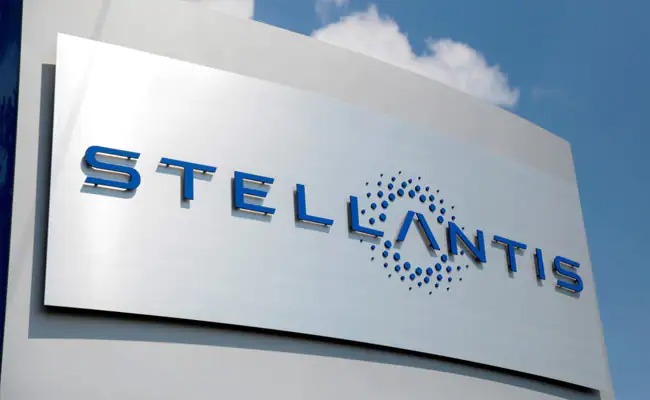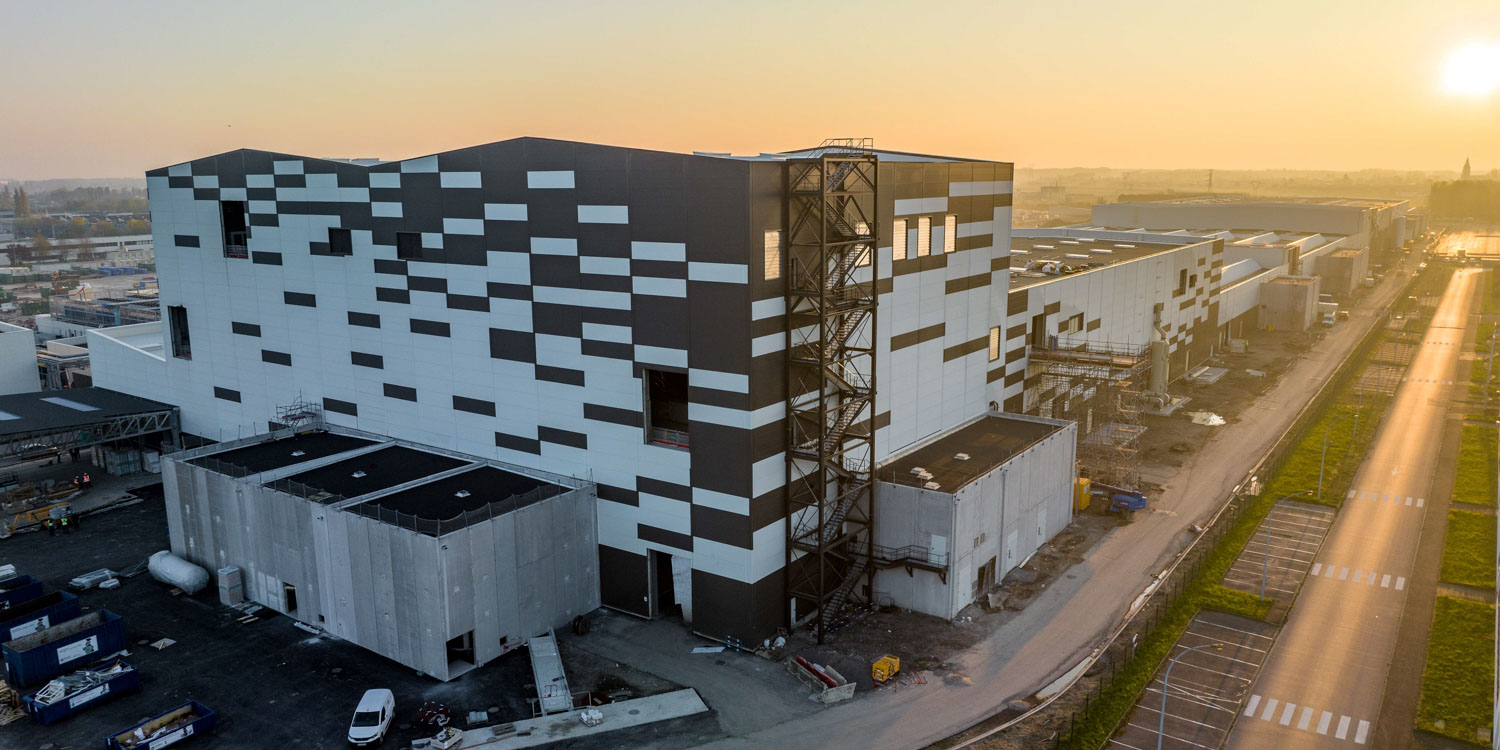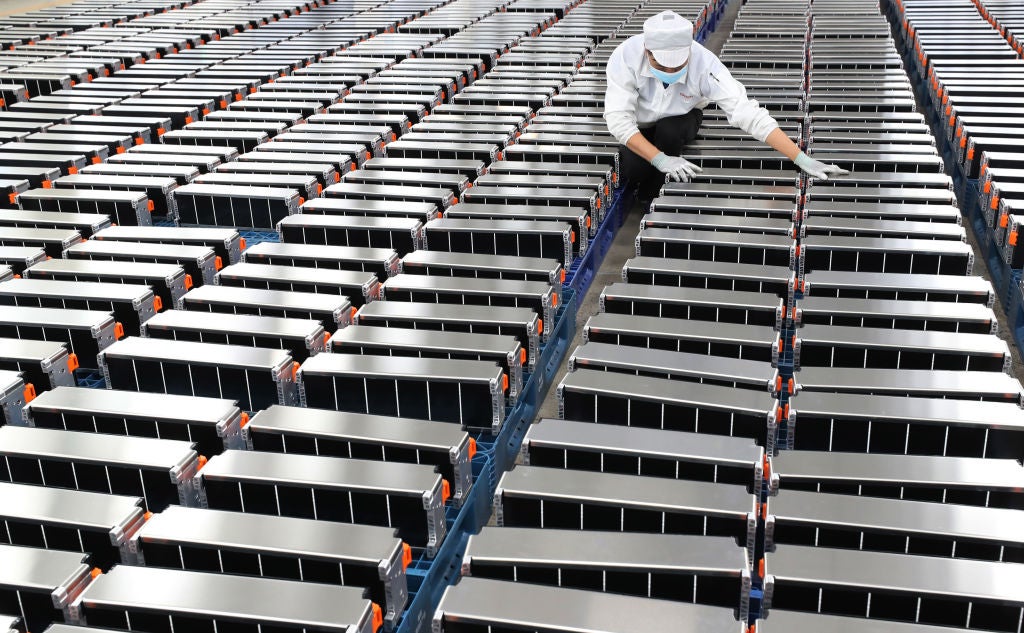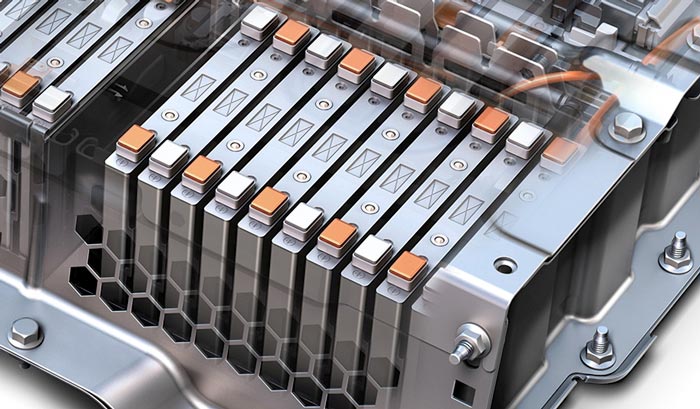The Volkswagen Group is reportedly making plans to establish a battery factory for electric vehicles (EVs) in Indonesia. According to local media, Ikmal Lukma, the Secretary of the Indonesian Ministry of Investment, has revealed that Volkswagen intends to invest approximately €4.7 billion in the factory.
Construction of the facility is scheduled to commence this year, although the exact location has not yet been disclosed. Ikmal Lukma mentioned that the investment would be made through Volkswagen’s battery subsidiary, PowerCo. Additionally, it is said that the automaker will also produce EVs at the site. However, specific details such as production capacity and the planned start of operations have not been provided. Notably, the term “battery factory” is used without specifying whether it refers to battery assembly or cell production. Nonetheless, the substantial investment amount of around €4.7 billion suggests a focus on battery cell production, which is significantly more costly than assembly alone.
A few weeks ago, reports emerged indicating that PowerCo, in collaboration with partners, plans to establish an ecosystem for electric vehicle batteries in Indonesia. The Indonesian Investment Minister, Bahlil Lahadalia, stated this, and it was also reported by Reuters in mid-April. PowerCo is expected to collaborate with Ford, mining company Vale, and battery material manufacturer Huayou Cobalt, among others. Additionally, French mining company Eramet and various Indonesian firms are said to be involved, according to the investment minister.
In April, the office of Indonesian President Joko Widodo issued a separate announcement, stating that the investment in the battery ecosystem would also be made by VW’s battery subsidiary, PowerCo. However, specific details regarding this investment are currently unknown. Given the presence of local raw material deposits, a focus on nickel production seems plausible, particularly considering the involvement of cooperation partners. In fact, Ford recently announced plans to invest in a nickel processing plant in Indonesia in collaboration with Vale and Huayou Cobalt.
Recent concerns have been raised about safety standards in Indonesian mines. As the country possesses the world’s largest nickel reserves and aims to benefit from downstream processing activities involving the metal, President Widodo announced stricter monitoring of safety and environmental standards in March. Minister Bahlil now sees the interest from European companies in investing as an indication that concerns regarding the mines are being addressed.
PowerCo recently stated its intention to establish factories with a minimum capacity of 240 GWh by 2030. During the “Power Day” event in 2021, VW initially announced that this capacity would be built exclusively in Europe, with six factories planned on the continent, each with a capacity of 40 GWh. However, the company has since shifted away from a predetermined number of production sites and now intends for the planned 240 GWh to include production capacities beyond Europe.
So far, the only confirmed cell factory outside of Europe for Volkswagen is the 90 GWh plant in St. Thomas, Canada, where substantial subsidies are provided by the Canadian government. Salzgitter, Germany, and Sagunt, Spain, have been selected as locations for Volkswagen’s battery cell factories in Europe. Furthermore, VW is collaborating with Northvolt in Sweden for the production of unified cells. Talks are also underway for a plant in Eastern Europe, although VW has postponed a final decision on the location and investment due to economic uncertainties and high energy prices in the region.

